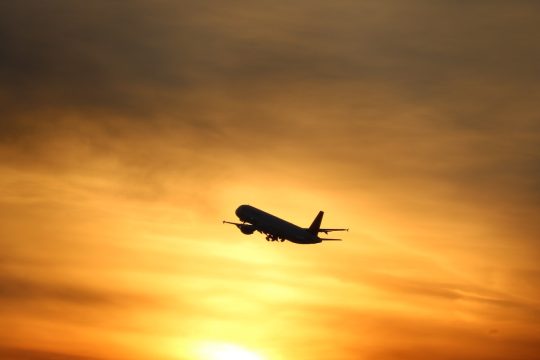IATA Identifies Policy Hurdles for Sustainable Aviation Fuel Production
Policy Shortcomings Puts SAF Production at Risk-IATA

The International Air Transport Association (IATA) announced its expectations for Sustainable Aviation Fuel (SAF) production to reach 2 million tonnes (2.5 billion litres) in 2025, which would account for 0.7% of airlines’ total fuel consumption.
IATA’s Director General, Willie Walsh, noted this projected doubling of SAF production as encouraging but highlighted the scale of the challenge.
“That is just 0.7% of aviation’s total fuel needs. And even that relatively small amount will add $4.4 billion globally to the fuel bill. The pace of progress in ramping up production and gaining efficiencies to reduce costs must accelerate,” Walsh stated.
Challenges with Mandates and European Cost Increases
IATA identified that most SAF production is currently directed towards Europe, largely due to EU and UK mandates that became effective on January 1, 2025.
The association reports that the cost of SAF to airlines in Europe has doubled due to compliance fees levied by producers or suppliers.
For the expected one million tonnes of SAF anticipated to meet European mandates in 2025, the market cost is estimated at $1.2 billion, with an additional $1.7 billion in compliance fees.
IATA notes that this additional amount could have abated an extra 3.5 million tonnes of carbon emissions. The organisation asserts that Europe’s SAF mandates have made SAF “five times more costly than conventional jet fuel“.
Walsh criticised this approach, stating, “This highlights the problem with the implementation of mandates before there are sufficient market conditions and before safeguards are in place against unreasonable market practices that raise the cost of decarbonisation“.
He added, “Raising the cost of the energy transition that is already estimated to be a staggering $4.7 trillion should not be the aim or the result of decarbonisation policies. Europe needs to realise that its approach is not working and find another way“.
IATA’s Initiatives and Urgent Government Action Call
To foster the development of a global SAF market, IATA has launched two initiatives:
A SAF registry, managed by the Civil Aviation Decarbonisation Organization (CADO), designed to provide a transparent and standardised system for tracking SAF purchases, usage, and associated emissions reductions in compliance with international regulations like CORSIA and the EU Emissions Trading Scheme.
The SAF Matchmaker, intended to facilitate SAF procurement by connecting airline SAF requests with supply offers.
IATA urges governments to take urgent action in three key areas:
- Creating more effective policies: This includes eliminating the disadvantage faced by renewable energy producers compared to fossil fuel counterparts, and redirecting a portion of the estimated $1 trillion in global fossil fuel subsidies.
- Developing a comprehensive energy policy that incorporates SAF: This approach should support increased renewable energy production (from which SAF is derived), ensure appropriate SAF allocation, and promote joint use of infrastructure and co-production.
- Ensuring the success of CORSIA as the sole market-based mechanism for international aviation’s CO2 emissions: IATA calls on governments to make Eligible Emissions Units (EEUs) available to airlines, noting that Guyana is currently the only state to have done so.
